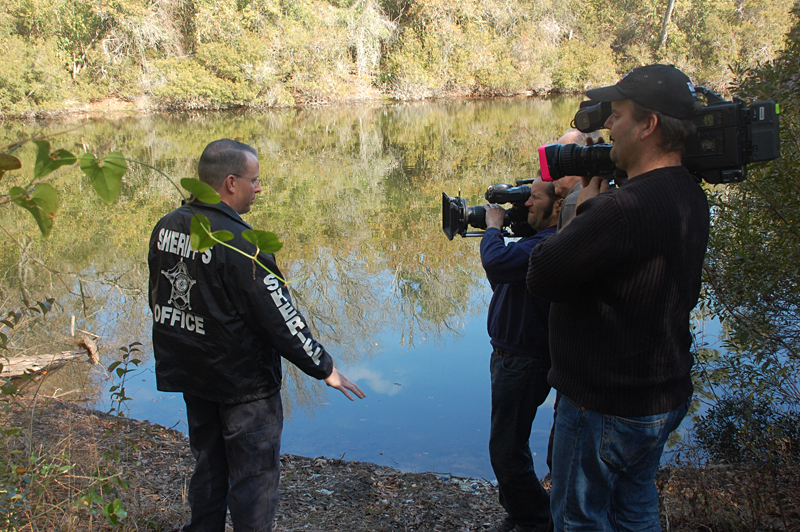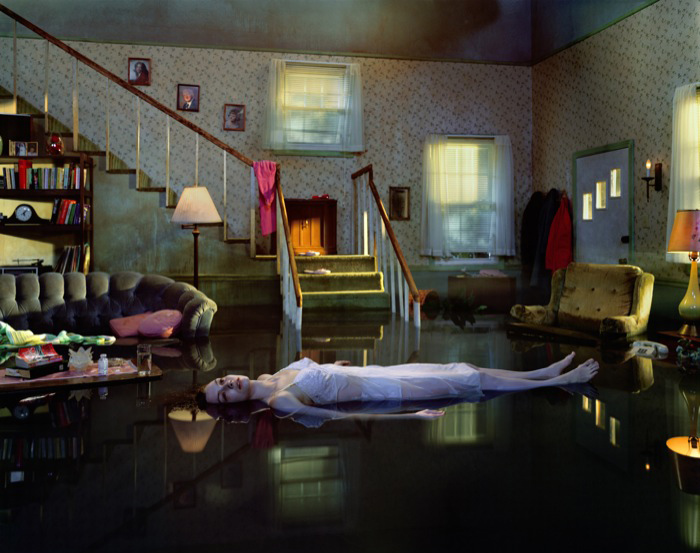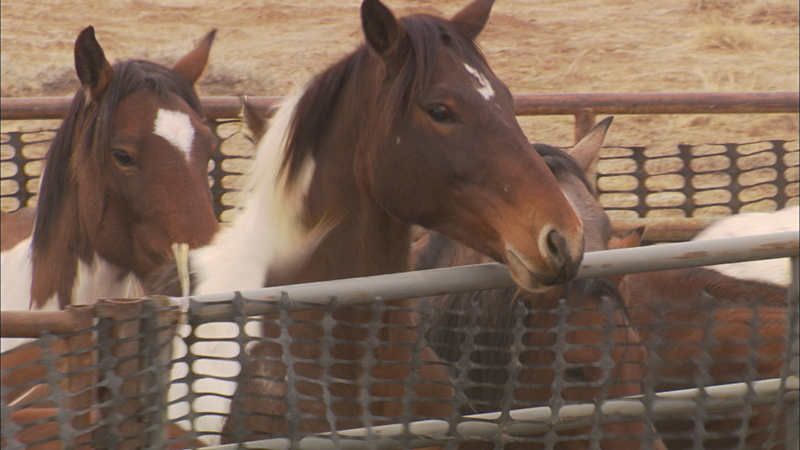An egalitarian study of crime and punishment in a small Texas town, Into the Abyss is also an unmistakably Herzogian inquiry into the lawlessness of the human soul. That would be the abyss of the title, though if you’re looking for more of that kind of shameless lyrical swagger, you might be disappointed by the documentary’s lack of Werner Herzog’s signature, Cousteau-on-Quaaludes narration. Here the director is a more spectral presence, an outsider in Conroe, warmly urging his subjects—including the two young men convicted of three particularly senseless murders—from behind the camera. Herzog had only half an hour with each prisoner, one of whom—28-year-old Michael Perry—was scheduled for execution eight days after their 2010 interview. Neither man cops to the killings; the long stretch of crime-scene footage that opens the film and the description given by the detective assigned to the case tell a different story. The prisoners talk of their upbringing, their families, their exploits on the outside. Equal time is given to the family members of the murdered. Choked pauses and dangling close-ups are pushed for ecstatic effect; Herzog’s opposition to the death penalty is clear, but loaded aesthetic overtures are made on both sides of the argument. Compelling as portraiture but short of a profound whole, Abyss is at its best when it recalls the courtroom observation of another Perry, Truman Capote’s murderer/muse: “I’ll be damned if I’m the only killer in the room.”
Into the Abyss: Werner Herzog in the Lone Star State








